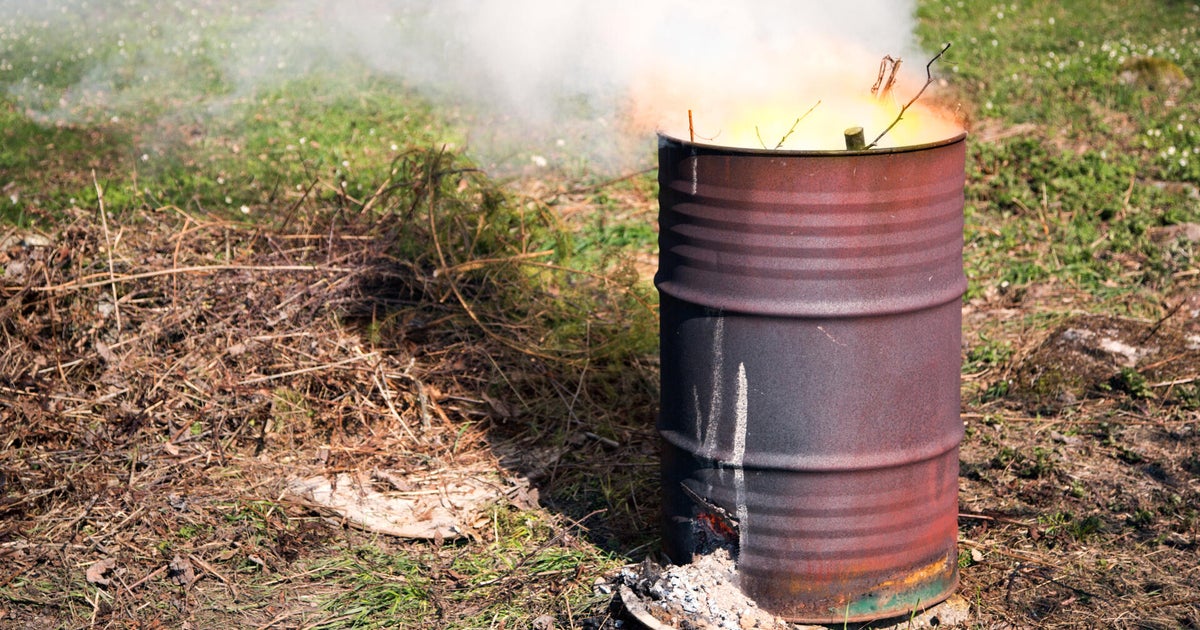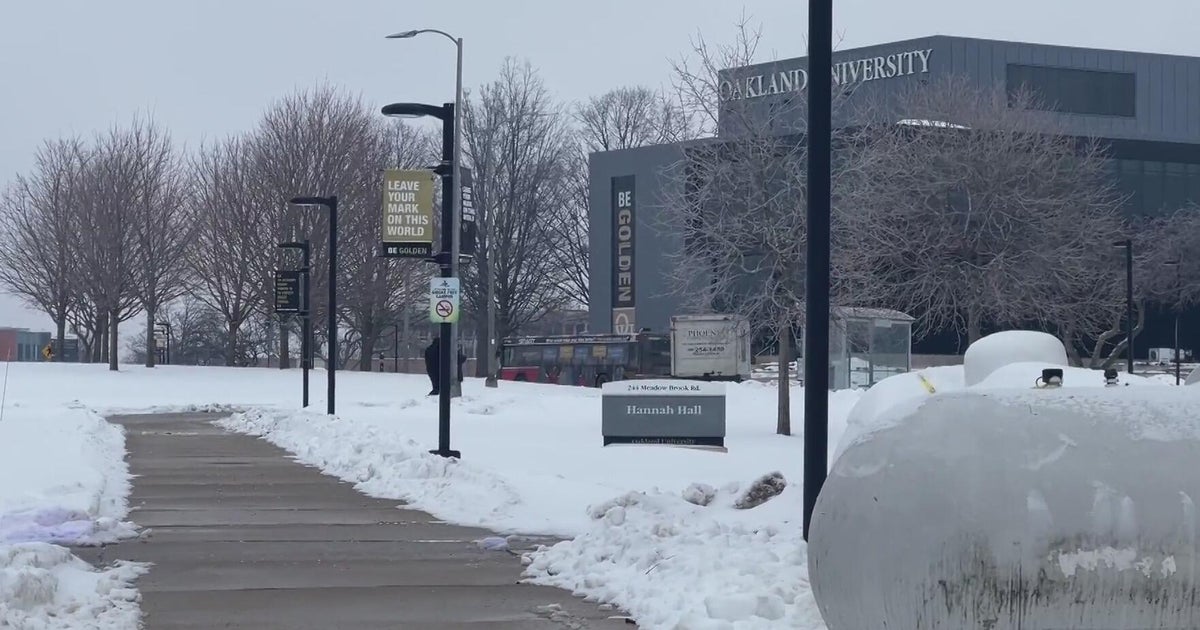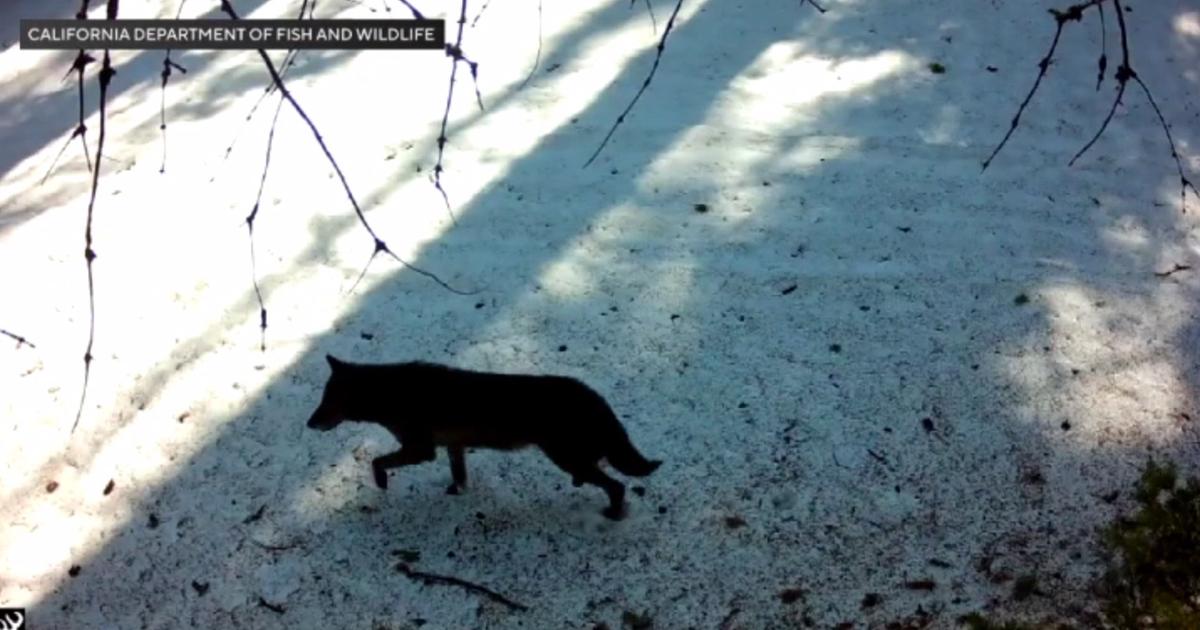Black Bear Spotted In Baltimore County
JACKSONVILLE, Md. (WJZ)—Police are closely monitoring a black bear, spotted wandering near homes and a school in Baltimore County.
Mike Hellgren has the latest on this potentially dangerous situation.
This black bear was probably looking for food and traveled a long way for it--to Jacksonville Elementary School in Baltimore County, just as 300 students and parents had gathered for the fifth-grade graduation.
"Three of them screamed and then they just stared because this is not something you see in Baltimore County. And then she was like, 'Get in the classroom now,'" said Deborah Glinowiecki, principal of Jacksonville Elementary. "At that time we did a complete lockdown. No one went out from there, but we never saw the bear again."
Many bears live in western Maryland. The Department of Natural Resources says it's common for them to come to other parts of the state during the spring and summer.
"It is unlikely for it to take up residence here because it's not the best habitat, and it likes to be around other bear, which there aren't any in that area," said Patricia Handy, wildlife biologist at the Maryland Department of Natural Resources.
There have been recent sightings in Baltimore, Howard, and Montgomery counties.
But it's a rare sight--at least for this principal.
"Many, many years I've been in this system and I have never encountered a black bear before.This is one in a million for me," Glinowiecki said.
Last week, a couple saw a 2-year-old male bear near Manchester in Carroll County.
"Out of the side of my eye I looked over and my God, there was a bear. I told my wife. I said 'Oh my God. There's a bear,'" said Marvin Frush.
"We couldn't believe it," said Elinore Frush.
At Jacksonville Elementary, at least, the worries are over once school lets out for the summer Friday.
"It can go anywhere after summer vacation. But please go back north or wherever come August 'cause school starts again," Glinowiecki said.
If you see a bear, state biologists say be calm and leave it alone.
State biologists say the warm winter has no bearing on the number of recent sightings.







